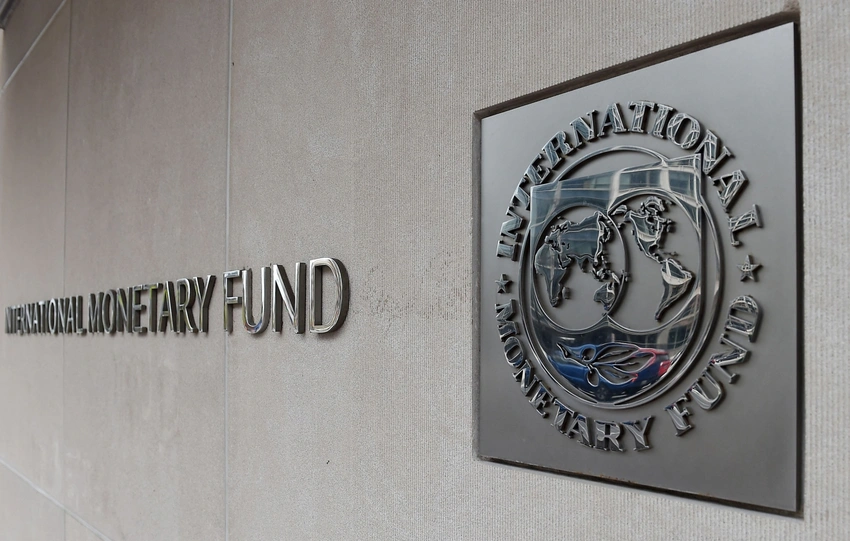IMF: Private transfers from Russia via banks in Caucasus, Central Asia require close monitoring
- 13 May, 2023
- 13:44

Net money transfers from Russia to Armenia, Georgia, and Azerbaijan increased more than fivefold year over year in 2022, reaching 17, 8, and 3 percent of GDP, respectively, Report informs referring to IMF’s Regional Economic Outlook for May 2023.
“Tajikistan and Uzbekistan also saw a doubling of net remittances, with the increase ranging from 13 to 23 percent of GDP. By contrast, net remittances inflows to the Kyrgyz Republic, historically dependent on migrant workers’ remittances from Russia, declined by about 6 percentage points of GDP in 2022. The scale of these inflows is macro-critical for some countries, and uncertainty over their future size and pace constitutes a risk,” reads the report.
Given their size, the channeling of private transfers via the banking system also has financial stability implications and will require close monitoring, the IMF noted.
“Nonresident deposits have increased by 4 to 8 percentage points of GDP in Armenia, Georgia, and Uzbekistan, reaching 6 to 18 percent of GDP and similar values as a percent of total banking system assets. So far, banks have followed a prudent approach by boosting liquidity buffers and hedging against a potential flight risk rather than intermediating these funds into domestic lending.
War-related immigrant inflows, while boosting demand, have increased price pressures in rental and property markets. Migrants from Russia relocating to CCA countries (mainly Armenia, Georgia, Kazakhstan, and Uzbekistan) range between 50,000 and 150,000, comprising up to 5 percent of the host country’s population. This has strained rental markets in Georgia and Kazakhstan, with rental prices rising by more than 20 percent year over year in real terms by the end of 2022, raising pressures in already high-inflation environments.”

Cross-border transfers and migrant inflows are expected to decelerate significantly in 2023 compared with 2022, according to the IMF.
“As a result, lower remittances and services exports will drive a deterioration in the current account balances of EM&MIs and LICs (by an average of 1.5 and 3 percent of GDP, respectively). The decline in oil prices will weaken current account balances further for oil exporters by an average of 5.4 percent of GDP,” reads the report.
GDP growth is projected to decelerate to 4.2 percent in 2023 before a slight rebound to 4.5 percent in 2024. The deceleration in 2023, expected to be sharp in Armenia and Georgia, reflects the decline in the initial spillovers from the war in Ukraine.

“The projected slowdown in LICs reflects easing remittance flows amid slowing gold and agricultural production. Similarly, non-oil activity is projected to decelerate in oil exporters (Azerbaijan, Kazakhstan) as domestic demand cools. Nonetheless, overall growth in Kazakhstan is expected to accelerate to 4.3 percent from 3.2 percent in 2022 as oil production normalizes and the expansion of the Tengiz oil field becomes operational,” the IMF added.
“Over the past two decades, Russia and Caucasus and Central Asia (CCA) countries have experienced synchronous growth, mainly reflecting their strong trade and financial ties. Nonetheless, Russia’s contraction in 2022 did not drive a downturn in economic growth in CCA economies. Instead, most CCA countries experienced a substantial boost from unexpected positive externalities. Understanding the nature and durability of these spillovers is important to assess potential risks and inform future policy,” the IMF stressed.
According to the forecasts of the fund, the growth rate of Azerbaijan’s non-oil GDP in 2023 will be 4.2%, in 2024 - 3.6%, oil GDP - 0.5% and 0.3%, respectively.
